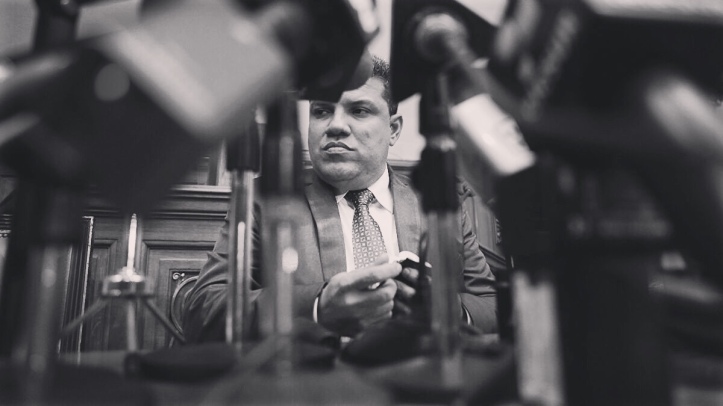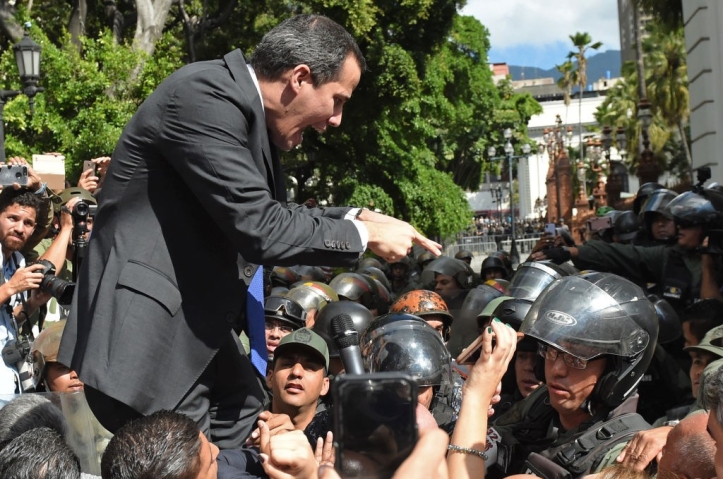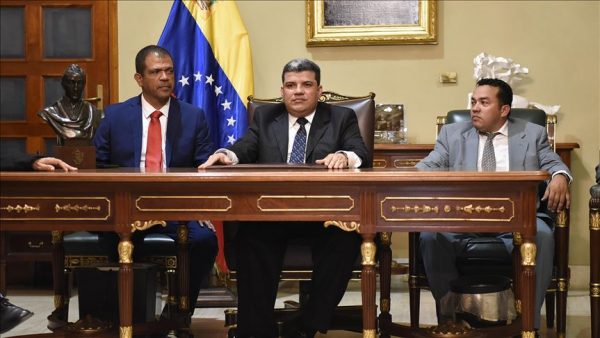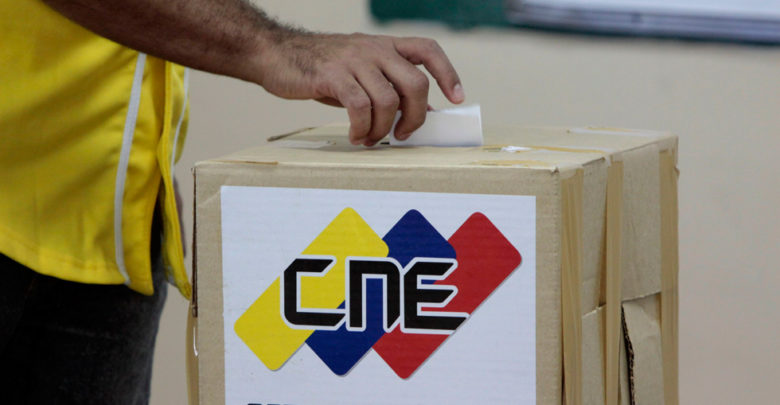
In January 2016, for a very first time a new opposition majority had the chance to install a new National Assembly directive. Situation that represent for many analyst an unprecedent political battle among branches. It was often to read the expression “clash of powers” in the news reports of those days. The first weeks of that year would be only the preface of the most serious, aggressive and severe institutional crisis known in the recent history of Venezuela.
Indeed, in that context the analytical concept of “competitive authoritarianism” to describe the Venezuelan political system, was starting to crack, and making a way for a government with an open dictatorial behavior. Using all public resources to harass, persecute and imprison parliamentary activists. Police, paramilitary groups, the National Guard and judges included, have been part of a repressive and persecutory scheme that is not known, even in the parliamentary history of the American hemisphere.
Since then, this continuity of hostilities should be understood as an uninterrupted process. This context is required to analyze the political nature of the last group of sentences issued by the Supreme Court of Justice (TSJ the Spanish acronym) on May and June of 2020. In fact, to date, there is more than 135 sentences, which promote the systematic restrictions of the parliamentary autonomy since december of 2015. Basically the Supreme Court is issuing a sentence against the venezuelan parliament every 12 days. Specially these recent sentences, has serious political implications that will affect the inmediate future of Venezuela. Here are three of them:
1- Legalize the military ocupation of the parliament.

These sentences, are openly unawaring the National Assembly directive chaired by Juan Guaidó (Also President in charge of Venezuela) under a clear political mandate: make official, the military control of the parliament do it the past January 5th of 2020. That day, still fresh in the collective memory, the military and police forces, in coordination with a handful of opposition representatives controled by the government, prevented the access of more than 100 other representatives to the Federal Legislative Palace to appoint their anual directive for the 2020 legislative period.
The unconstitutional action of the security forces of that time, represented a military operation to assault the Venezuelan Legislative Branch, which marked an increase of attacks on parliamentary work and the imposition of a new directive, “manu militari” on the only public instance that is not under the government control. With these sentences, beside provide a legal recognition to this forceful actions, at the same time reaffirms the totalitarian nature of the Venezuelan state.
2- Normalize the persecution of the “not aligned” representatives
One of the immediate consequences of these sentences -specialy the number 65– is the open possibility of pursuing, arresting and imprisoning – without trial or commission of any crime – any representative who meets, either in person or remotely, in any parliamentary session without the authorization of the new imposed president Luis Parra. Which also could determine the nullity of any decision emanating from these parliamentary sessions.
Is important to consider, the recent precedent of the persecution and imprisonment of the elected mayors Enzo Scarano (municipality San Diego, state Carabobo) and Daniel Ceballos (municipality San Cristobal state Táchira) in 2014. Both accused of disregarding a legal protection claim (in Spanish “ámparo”) and later arrested by another sentence. Repressive doctrine extended later to 17 other mayors accross the country. All of them from the opposition.

3- Exclude the parliamentary majority from the electoral agenda
All considerations described above helps to give a context to the most important political implication of these sentences: removing the most untamed opposition from the questioned electoral scenario. In a “divide and conquer” style, besides the persecution, disqualifications, aggressions, jail and exile, Maduro increase the deep differences that persist on the electoral strategy within the opposition.
The parliamentary opposition, since 2018 did a documented effort to worldwide demonstrate the electoral fraud that Maduro used for his reelection. But those questionable electoral conditions still and the dictatorhip has controlled any attempt to reform it, including the designation of the new National Electoral Council directive. One of many stolen competences of the Venezuelan parliament.
In this context and according to the Constitution, a new parliament should be elected in December 2020. Is at this point, when the government intensifies his offensive, and try to create a new artificial opposition, loyal to an eventual upcoming electoral fraudulent process for a new legislature in the National Assembly. An opportunity to recover the electorally lost parliamentary presence.

In the last 7 years there have been irregularities in the electoral calendar, deferrals of municipal and regional elections (2013 and 2017) as well as the advancement of presidential elections in 2018. Even though, the electoral schedule could be once again altered accordingly the government agenda and the interese of spreading the dilemma that divides the opposition the most: whether or not to participate again in elections.
Given these political implications, in which the government shows in advance its intentions, there still many questions without certitude: what will be the strategic response of the parliamentary resistance to face the last semester of 2020? Will they participate in eventual parliamentary elections? If not, will they preserve the same national and international support that it has so far? considering that the electoral origin has been a foundational element of its legitimacy.